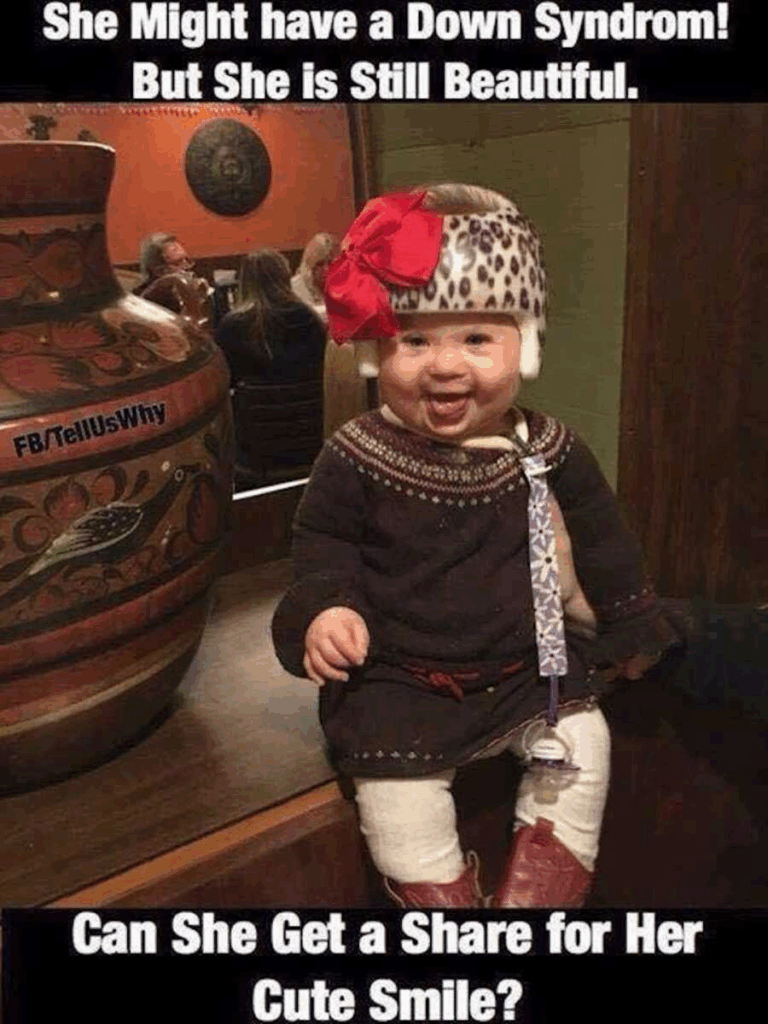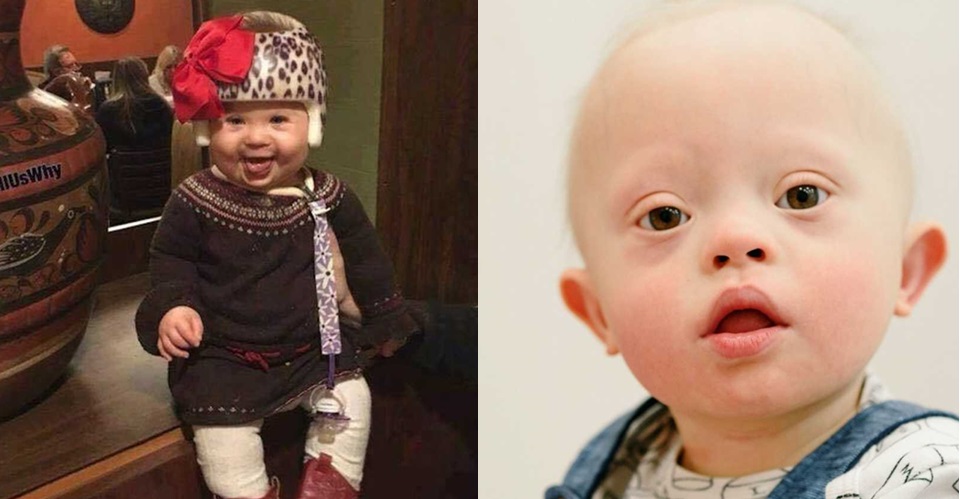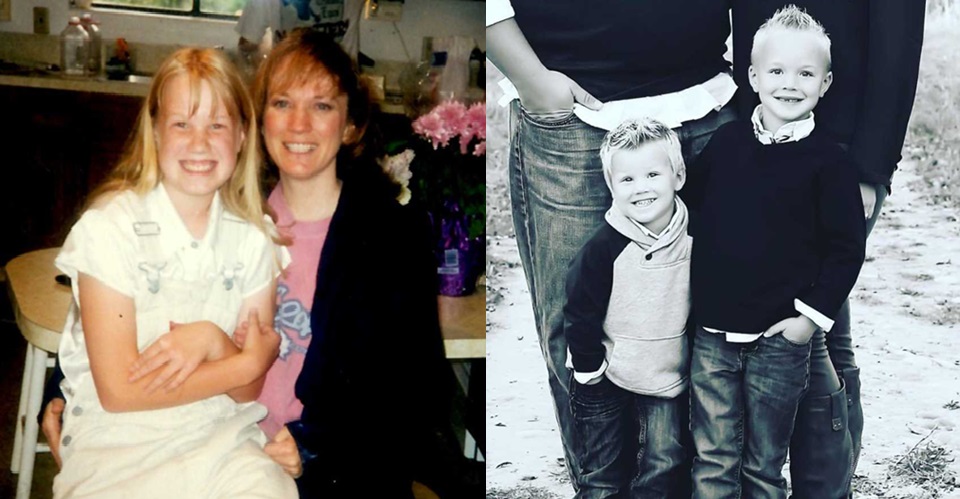Posting on social media with good intentions doesn’t always have a positive impact, as sometimes positive and kind messages can be harmful. You might post them to help others, but the effect can be the opposite.
Most of us have seen posts with a picture of a child with the caption “Share if you agree that although she has Down syndrome, she’s still beautiful.” Of course, all people, being unique creations of God, are beautiful and deserve love. However, these sugar-coated messages full of pity are not supposed to be on social media. Kids and people with disabilities deserve equal love and kindness, as there is nothing that makes them weird. They are different.

How children with disabilities are portrayed online, with captions that look positive, can be misinterpreted, too. Just because being human makes us want to be loved and respected all the time, disabled people expect the same, too. Labeling them as ‘cute’for the sake of likes and followers is an act that needs to be stopped, as they are humans and should not be a source to gain attention. Disability limits the person’s actions, but does not make them unable to do anything.
A perception that disability does not allow a person to look or feel beautiful is a misconception, and all the posts on social media are nothing but disabled people being bullied. The posts with captions like ‘Like to support or show love’ don’t just make sense. They show how people with any disability are incapable of things, and there is a high chance that if any of them comes across such a post, they would surely be disheartened.

Moreover, we must remember that no adult wants to be treated like a child. Thus, the way people send love and support to disabled adults, as if they were babies, does not have a positive impact either.
Our physical features, beautifully crafted by God, are meant to make us different from each other. No matter what the diagnosed disability is, we can’t forget that they are one of us, too.
To support such people, we should be there for them and make them feel included, rather than blindly sharing posts online, as this does not promote acceptance but creates differences in society.
No matter the disability, the other person is equally capable of doing things and can be great friends too, so why not socialize?
They, too, are unique and determined to do great things in life!
Just like we spend our lives planning our future, setting goals, and achieving things, they think the same way. As a society and great individuals, we can have a major positive impact on their lives by making them feel included and making it easier for them to achieve milestones.
They know their abilities and inabilities, so we aren’t responsible for reminding them by speaking up on their behalf; rather, we should teach them the skills to survive and win.
Let’s make things easier for our specially abled fellows with the right kind of support, rather than unthinkingly using social media for awareness only!











